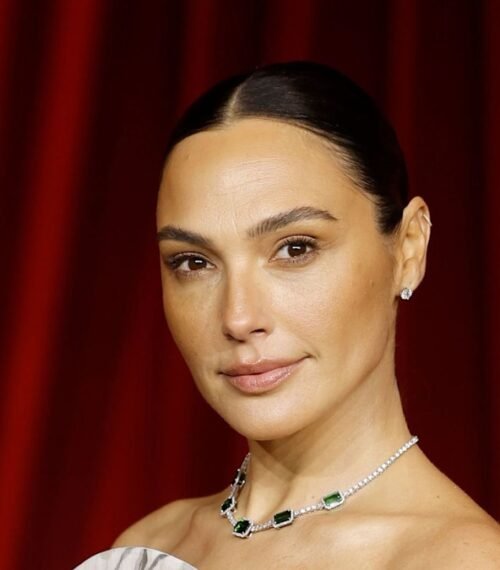Gal Gadot is preparing to take on one of the most iconic roles in cinematic and historical memory—Queen Cleopatra. Slated for a 2025 release, the upcoming film promises to be far more than just a glossy retelling of royal romance. Gadot, best known for her role as Wonder Woman, is determined to reintroduce the Egyptian queen not as a mere seductress, but as a powerful, strategic leader whose true story deserves center stage.
Stepping into a role that has long fascinated Hollywood—and once defined by Elizabeth Taylor in the 1963 classic—Gadot sees this as an opportunity to shift the narrative. "Growing up, Cleopatra was a household name,” she has said. “While Wonder Woman is fictional, Cleopatra was real. Her strength wasn’t myth—it was history.”
This upcoming biopic aims to peel back the layers of myth and legend that have shrouded Cleopatra VII Philopator for centuries. Often reduced to her relationships with Julius Caesar and Marc Antony, Cleopatra’s story is much richer. She was the last active ruler of the Ptolemaic Dynasty, a queen who navigated the political turbulence of the Roman Empire with skill, intelligence, and vision.
Now under the direction of Kari Skogland—taking over from Patty Jenkins, who previously helmed the Wonder Woman franchise—the film has taken a new creative turn. Skogland brings a sharp, cinematic eye to historical drama, and her involvement suggests a story rooted in both grandeur and nuance. Gadot remains a producer and the driving force behind the film’s vision.
Portraying a historical icon comes with undeniable pressure, and Gadot doesn’t shy away from that. “It’s a huge responsibility,” she recently told Flaunt magazine. “We’re taking our time because Cleopatra’s legacy deserves deep respect and careful consideration.” The team’s commitment to historical integrity and storytelling depth has extended the production timeline, but for Gadot, it’s a necessary part of honoring the role.
The casting of Gadot—an Israeli actress—as Cleopatra has sparked debate, particularly around questions of ethnicity and historical representation. Critics argue that Cleopatra’s identity has often been whitewashed, while others point out her Macedonian Greek heritage. Gadot addressed the controversy with clarity, stating, “We sought a Macedonian actress, and when that wasn’t possible, I was eager to bring Cleopatra’s story to life.”
Rather than letting the controversy define the project, Gadot is using it as a chance to open up a broader conversation about representation, history, and the importance of telling complex stories about powerful women. For her, it’s not about claiming Cleopatra’s heritage, but about preserving and honoring her legacy on a global stage.
What makes this retelling especially compelling is the promise of depth. The Cleopatra of this film isn’t a figure cloaked in mystery just for allure—she’s a ruler navigating one of the most turbulent political periods in ancient history. The film seeks to showcase her strategic alliances, her diplomatic mastery, and her relentless drive to preserve Egypt’s independence amid Rome’s expansionist ambitions.
More than just a biopic, this project is poised to offer a redefinition of Cleopatra’s image for a new generation. It steps away from outdated tropes and leans into authenticity and empowerment. In an era where historical narratives are being revisited and reexamined, Gadot’s Cleopatra could become a symbol not just of past glory, but of contemporary relevance.
As the film industry continues to embrace more diverse and dynamic stories, Cleopatra could mark a turning point in how historical female figures are portrayed on screen. With Gadot’s star power, Skogland’s direction, and a team focused on doing justice to a legendary life, audiences can expect a visually stunning, emotionally resonant journey into the world of one of history’s most fascinating queens.
With its release on the horizon in 2025, anticipation is already building. And if the early glimpses of the film’s direction are any indication, this version of Cleopatra won’t just retell history—it may rewrite how we remember it.















































































































